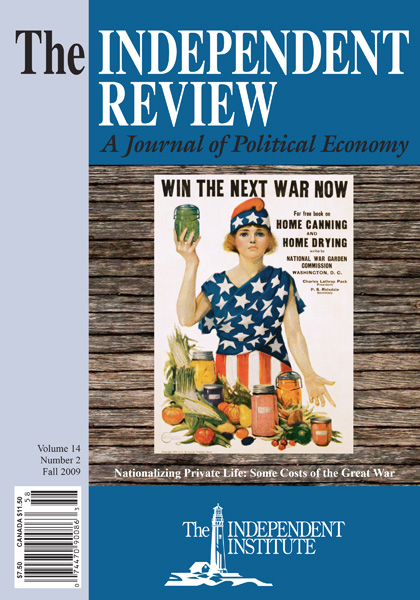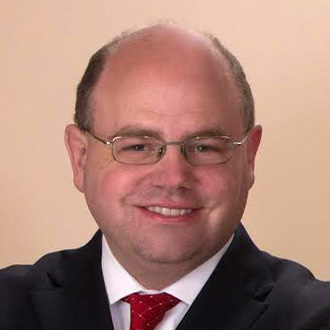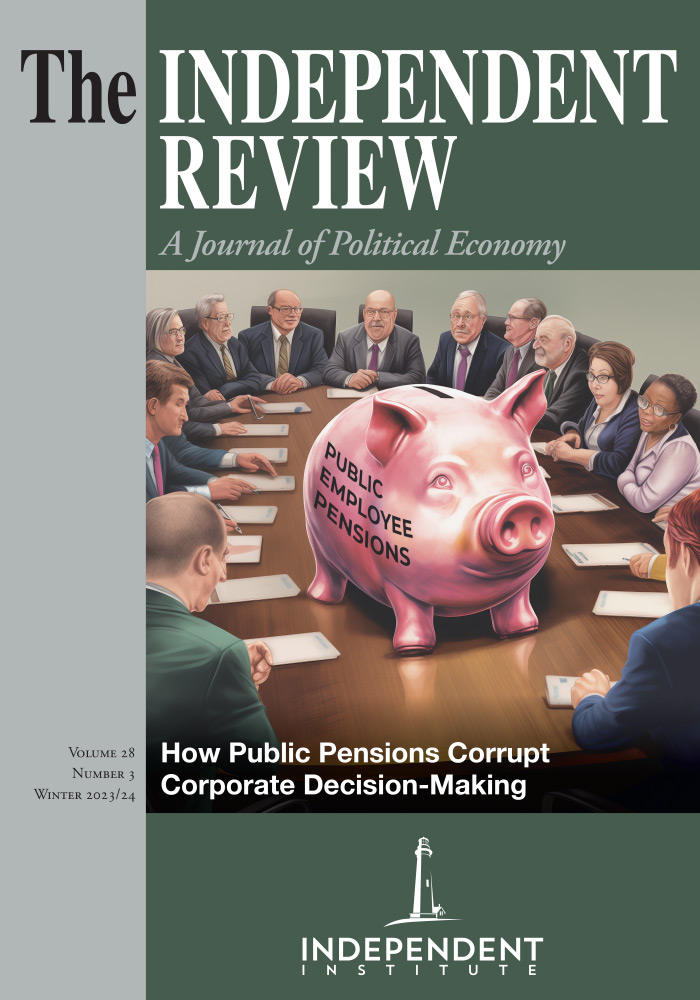The case for adopting a carbon tax to curb global warming is weaker than most economists and scientists assume. One reason is that William Nordhaus’s influential DICE model, far from producing a reliable estimate of an “optimal” carbon tax, yields vastly different results depending on which numerical estimates are plugged into it.
Robert P. Murphy is a Research Fellow at the Independent Institute and author of the Independent book, Choice: Cooperation, Enterprise, and Human Action.
Climate ChangeEconomyEnergy and the EnvironmentFederal Tax PolicyGovernment and PoliticsTaxesTaxes and Budget
| Other Independent Review articles by Robert P. Murphy | |
| Summer 2006 | The Limits of Market Organization |










